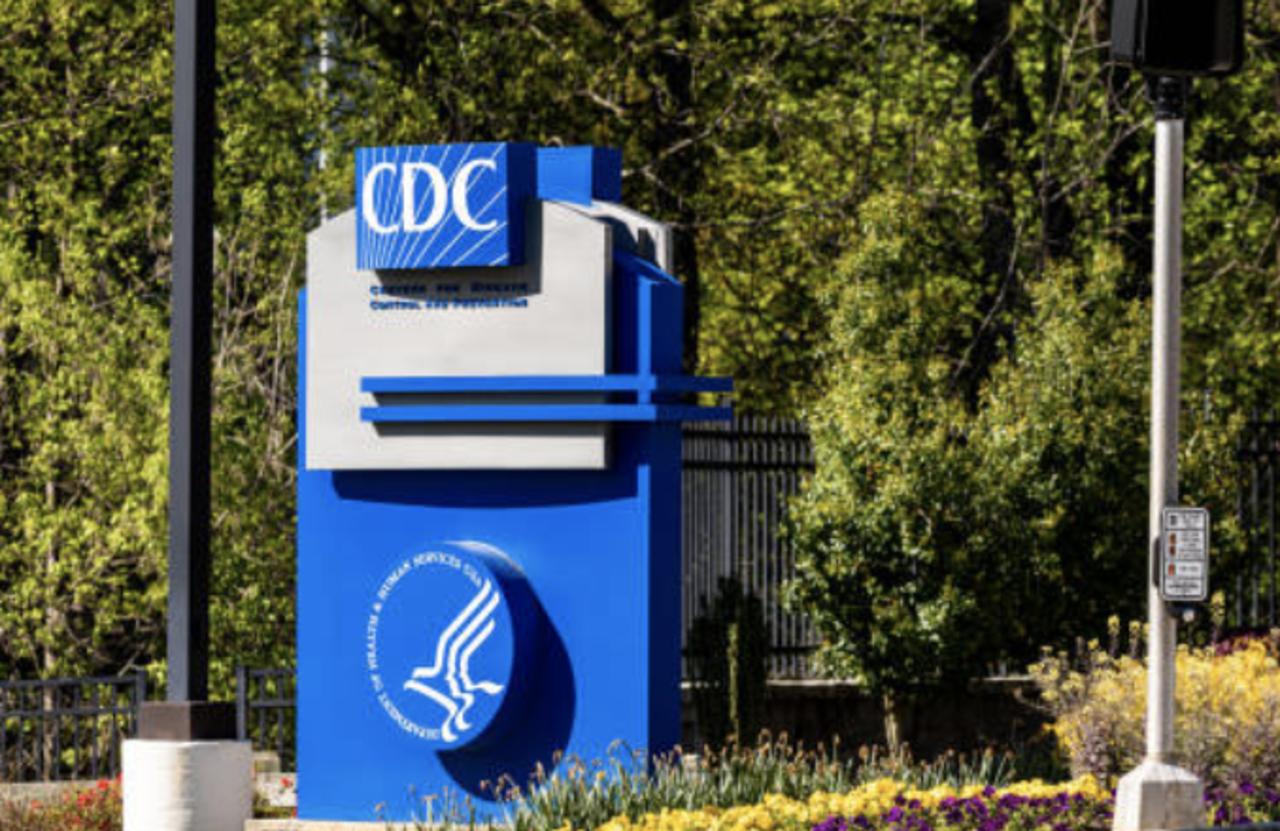
CDC Drops , Quarantine and Distancing Recommendations , for COVID.
CDC Drops , Quarantine and Distancing Recommendations , for COVID.
The Centers for Disease Control and Prevention (CDC) announced the updated guidelines on Aug 11.
The recommendations no longer include quaratining if one comes into close contact with a person who has tested positive for COVID.
In addition, the CDC has dropped the six feet social distancing recommendation.
According to the CDC, close to 95 percent of Americans over the age of 16 are living with varying levels of immunity.
The current conditions of this pandemic are very different from those of the last two years, Greta Massetti, CDC Guidelines Author, via AP.
The updated guidelines come as schools around the country gear up for the first day of classes.
Educator representatives lauded the updated recommendations, saying a return to some form of normalcy was essential for a successful year.
Every educator and every parent starts every school year with great hope, and this year even more so, Randi Weingarten, American Federation of Teachers President, via AP.
After two years of uncertainty and disruption, we need as normal a year as possible so we can focus like a laser on what kids need, Randi Weingarten, American Federation of Teachers President, via AP.
Entire classrooms of kids had to miss school if they were deemed a close contact.
The closed schools and learning disruption have been devastating, Randi Weingarten, American Federation of Teachers President, via AP.
Some academics, however, were critical of the updated guidelines, saying that pandemic conditions remain.
All of us want a stable school year, but wishful thinking is not the strategy for getting there, Anne Sosin, Dartmouth College Public Health Researcher, via AP.
If we want a return to normal in our schools, we have to invest in the conditions for that, not just drop everything haphazardly like we’re seeing across the country, Anne Sosin, Dartmouth College Public Health Researcher, via AP

